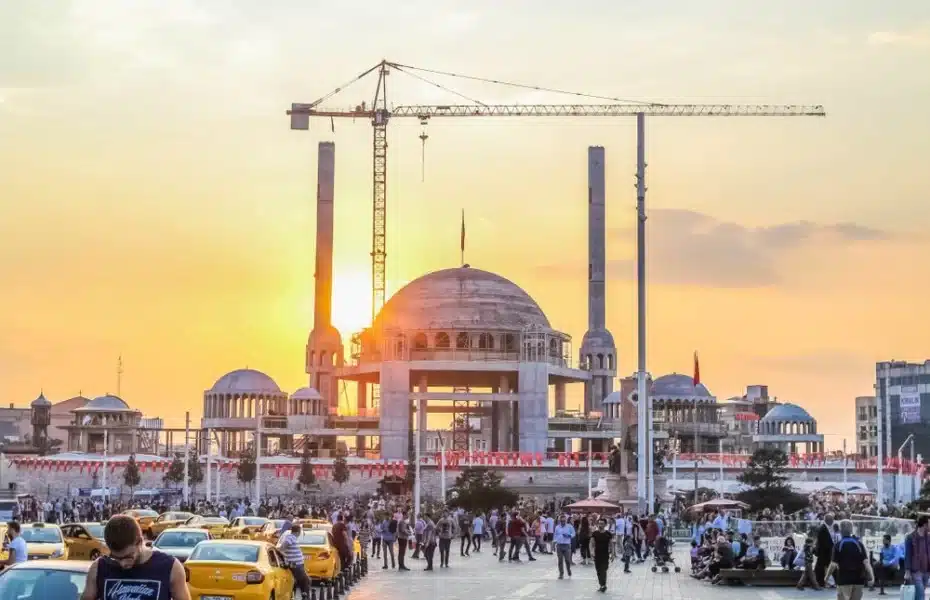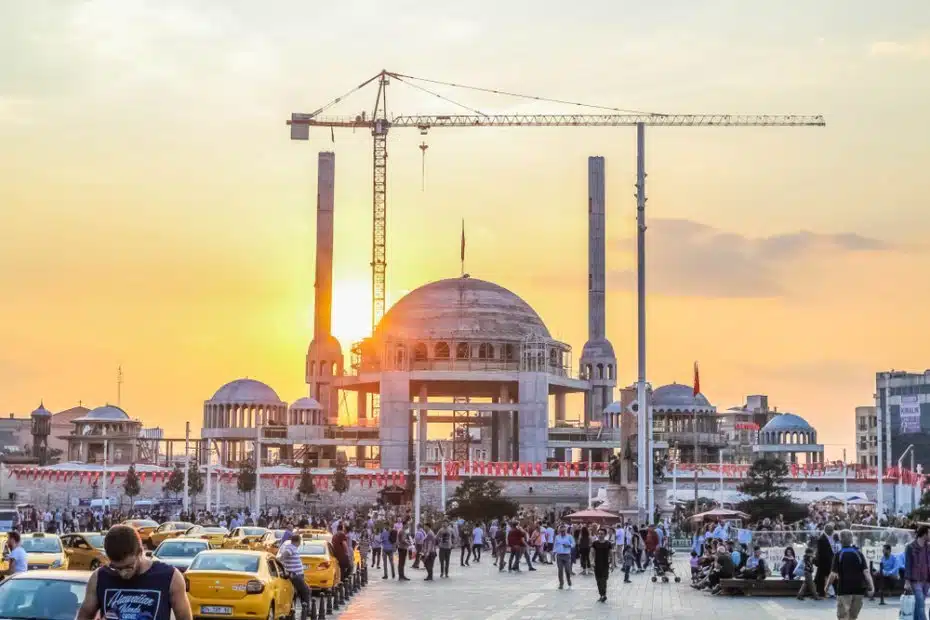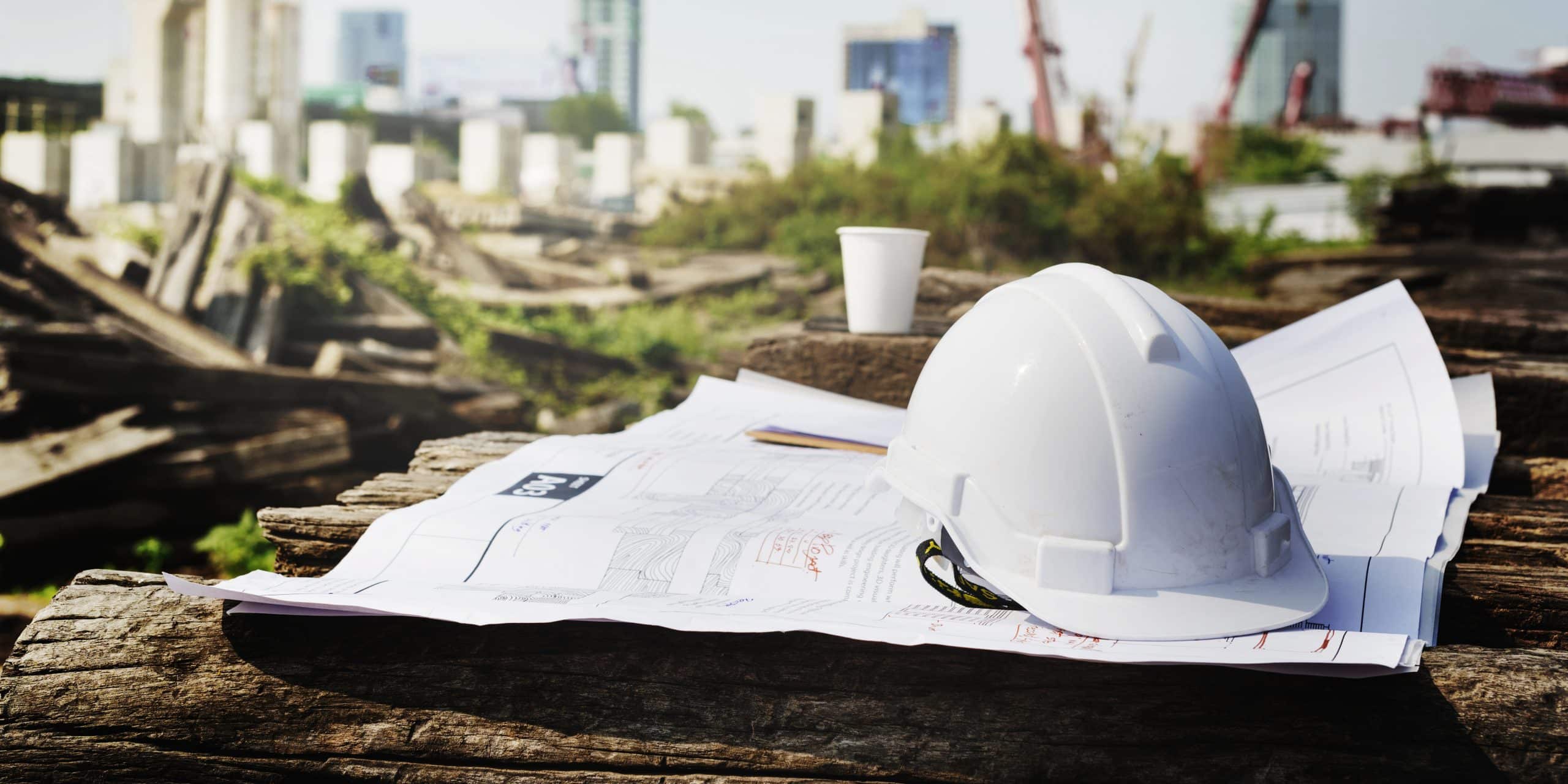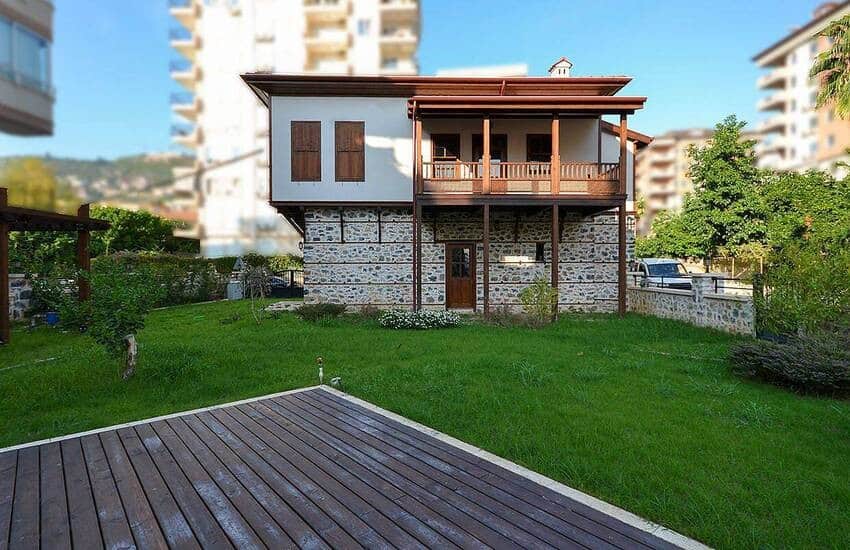Urban transformation is the procedure of changing and rebuilding cities and communities to improve residents’ living standards and provide more economic opportunities. Turkey has significantly prioritized urban transformation in recent years as the authorities seek to modernize infrastructure, replace dangerous buildings, and promote sustainable development in urban regions.
These blogs We will check .
- What is Urban transformation ?
- Advantages of Urban Transformation
- How to Apply Urban Transformation in Turkey
- Costs and Financing of Urban Transformation
This article will delve into the definition, benefits, steps involved, expenses incurred due to it , government supported schemes, and recommendations for urban transformation in Turkish context. With Acar Yapı’s expertise, a leading engineering and construction supervision company; we aim at presenting useful data for residents, municipalities as well as developers carrying out redevelopment projects throughout the country.
What is Urban Transformation?
Urban transformation refers to comprehensive changes in urban areas to improve economic, social, cultural, and environmental conditions. It involves the demolition and reconstruction of unsafe, informal, or inefficient buildings and infrastructure. Urban transformation also includes upgrading transportation networks, improving access to services, renovating public spaces, and incorporating sustainable building practices.
In Turkey, urban transformation gained prominence in the early 2000s as part of a nationwide effort to modernize cities, harness rapid urbanization, and mitigate seismic risks. The 1999 Marmara earthquakes demonstrated the vulnerability of Turkey’s aging building stock and infrastructure, giving further impetus to redevelopment projects. The government introduced new laws, incentives, and public programs to facilitate urban transformation.
The goal is to create more livable, competitive, and resilient cities that can meet the needs of diverse populations. Well-planned urban transformation provides better housing, services, economic prospects, and environmental sustainability. It also preserves local culture and heritage while allowing cities to adapt to contemporary demands.
Advantages of Urban Transformation
Urban transformation projects offer many potential benefits for Turkish cities and their residents:
Improved Safety and Resilience
Replacing outdated, informal, and unsafe buildings with structures that meet modern seismic codes enhances public safety and resilience against earthquakes and other disasters. Strengthening critical infrastructure also reduces risk.
Better Housing and Services
New residential developments provide higher quality housing with access to essential services like water, electricity and heating. Integrating schools, healthcare, transportation and other public services into redevelopment plans improves livability.
Economic Development
Urban transformation attracts new investments, businesses, tourism and other economic opportunities to rejuvenated areas. It also creates many construction jobs. Rising property values benefit homeowners.
Social Benefits
Well-designed communities foster social cohesion, while upgraded public spaces promote recreation, health, and interaction. Preserving cultural heritage also nurtures community identity.
Environmental Sustainability
New, energy-efficient buildings reduce environmental impact. Improved transit and walkability minimize traffic congestion and emissions. Green spaces and climate-resilient infrastructure create healthier urban habitats.
How to Apply Urban Transformation in Turkey
Urban transformation in Turkey is facilitated through close cooperation between property owners, developers, municipalities, and the national government.
Here are some key steps:
- Building Rot report.: A building rot report must be obtained from the municipality to assess the condition of structures and determine the extent of necessary repairs or demolitions
- Establishing Partnerships: The municipality partners with property owners, developers, housing agencies, and financiers to form implementation and operating plans. Public-private partnerships are common.
- Land Assembly and Demolition: The redevelopment area must be vacated, and existing structures must be demolished. The municipality assists in consolidating small land parcels into viable lots.
- Relocating Displaced Residents: Residents displaced by demolition are relocated to temporary shelters and later guaranteed housing in new developments. Social support is provided.
- Investing in New Infrastructure: Major public investments are made to upgrade energy, water, transportation, and other infrastructure ahead of or in tandem with reconstruction.
- Obtaining Construction Permits: Developers work with the municipality to obtain necessary demolition, zoning, building, and environmental permits before starting construction.
- Building New Housing and Facilities: Developers will build new residential blocks, public facilities, commercial units, and open spaces according to the approved plans. The municipality oversees compliance.
- Transitioning Residents: Former residents are moved into replacement housing with assistance. Commercial tenants also transition into new premises.
- Project Completion: Ownership, maintenance, and services for the redeveloped area are transferred to residents, businesses, management companies, and the municipality.
Costs and Financing of Urban Transformation
Urban transformation projects represent major public-private investments in Turkey’s urban future. Here are some of the key costs involved:
- Feasibility studies, planning, and design costs
- Land acquisition and consolidation
- Demolition and site clearance
- Relocation of displaced residents
- Investments in roads, utilities, and other infrastructure
- Construction costs for housing and facilities
- Financing costs, such as interest payments on loans
- Ongoing maintenance and operating expenses
These costs are shared between the public and private sectors: Currently Turkish government supporting 750 K lira loan & 750 K lira grant.
Public financing:
- National government funds and subsidies
- Tax incentives for developers
Private financing:
- Equity and loans for developers
- Commercial bank financing
- Sale of building rights
- Private infrastructure investments
In most cases, the costs are recouped over the long term through improved tax revenue, property appreciation, sale of public assets, and economic growth in redeveloped areas. But urban transformation still requires major upfront public expenditure.
Government Support and Incentives
To accelerate urban transformation and attract private investment, the Turkish government provides various supports and incentives:
- Low-interest loans and credit guarantees – State banks like TOKİ provide favorable financing for developers and homeowners.
- Tax exemptions – Projects may qualify for exemptions from VAT, deed fees, and property taxes.
- Subsidies – Direct subsidies are given for infrastructure, low-income housing, seismic upgrades, and relocating residents.
- Land provision – Municipalities contribute publicly-owned land as equity in projects.
These incentives allow the government to share the costs and risks of urban transformation in a financially sustainable manner.
Conclusion
Urban transformation in Turkey is an opportunity for the country to deal with interconnected challenges that include its rapid urbanization, poor infrastructure, lack of housing, and uneven economic development. Cities are being made more livable, competitive as well as resilient through ambitious redevelopment projects.
Urban transformation requires immense coordination across government agencies, property owners, developers, financiers, and the community. With Acar Yapı as your trusted advisor, you can have confidence that your project will be executed efficiently, safely, on-budget, and to the highest standards.
Get Proposal for your project
Get a quote today!
Build Quote
CHECK THESE BLOGS TOO
- Cost To Build House in Turkey?
- Buy Land in Turkey
- How to get Turkish Citizenship by Investment in 2024?
- How to Get a Building Permits in Turkey?












